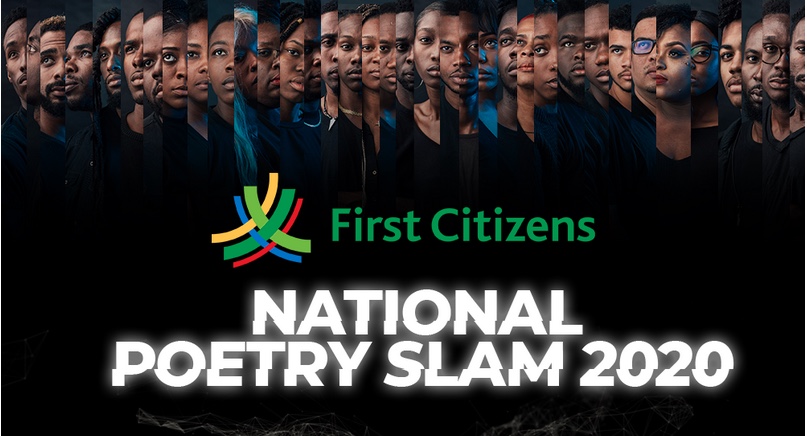Advice to a young poet
Posted: September 7th, 2020 | Author: lise | Filed under: Column | No Comments »
A few weeks ago I was a judge of the semifinals of the Bocas Lit Fest First Citizens National Poetry Slam. There were, unsurprisingly, a lot of excellent writers on stage. One of them was Ronaldo Mohammed, whose use of language I found fresh and inventive. I encouraged him to reach out to me if he was interested in furthering his art as a writer, and he did.
Here’s the message I sent to him. I’m posting it here too because I think it’s general advice I always give to young writers, and bears repeating.
Take yourself and your work seriously. Everybody’s busy. You make time to do the things you find important: to eat, to sleep, to study. To play FIFA and Call of Duty (or whatever you kids play these days). To visit Insta and MacoBook… you get the picture. Be conscious of the time you spend on these things, and carve out time to write and work on your career as a writer (formatting submissions, finding places to submit, reading other writers, editing past work, and doing professional training like workshops or writing groups).
It doesn’t have to be a daily practice, though Walcott and many, many others advocate it.
Whatever is the best time of day, when you’re freshest and most alert, make a commitment to sit and write or work as I said above.
Do you have any mentors in poetry? Or readers of your work?
Those are important.
Some writers hate community but it’s necessary. You need to see another perspective.
What are your goals as a writer? Publication of a book? Development as a spoken word artist?
Spoken word poetry doesn’t always work on the page; you sometimes have to write it differently. And if you are more inclined to spoken word I’d say find or make your own fora to perform, because that’s how you get better. Yes, continue writing, obviously; but for spoken word the art is also in the performance. Which is why some spoken word is flat on the page.
If you have written work that you’re thinking of submitting, consider what its style, content and themes are. Different outlets take different things, so improve your odds by narrowing down. There are a few Caribbean journals and magazines (like Moko, Pree The Caribbean Writer, BIM, sx salon) and various academic journals that accept poetry. Internationally there are some Caribbean-interest publications. Submit widely, because publication is a process fraught with rejection.
Gird yourself for it.
A note on submissions: Rejection is inevitable, but it’s part of the process. Sometimes it’s the wrong time, the wrong outlet, the wrong editor. Because poetry and its reading are so subjective you could totally not get a poem, dismiss it, and all because you don’t read it from the perspective the writer has. It happens. Take criticism, but be mindful of that. Your voice is yours.